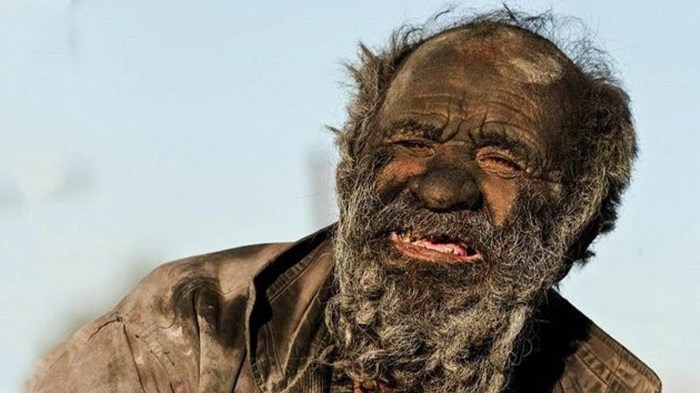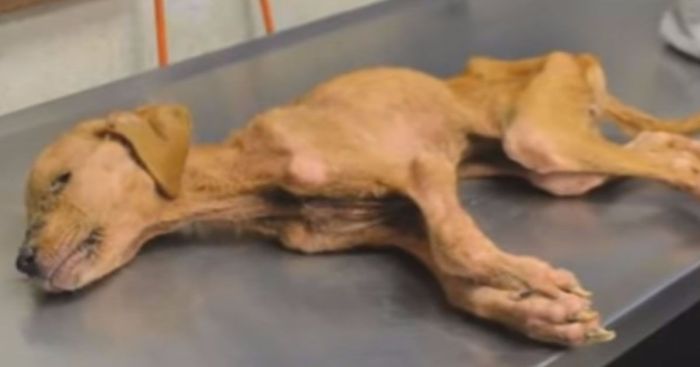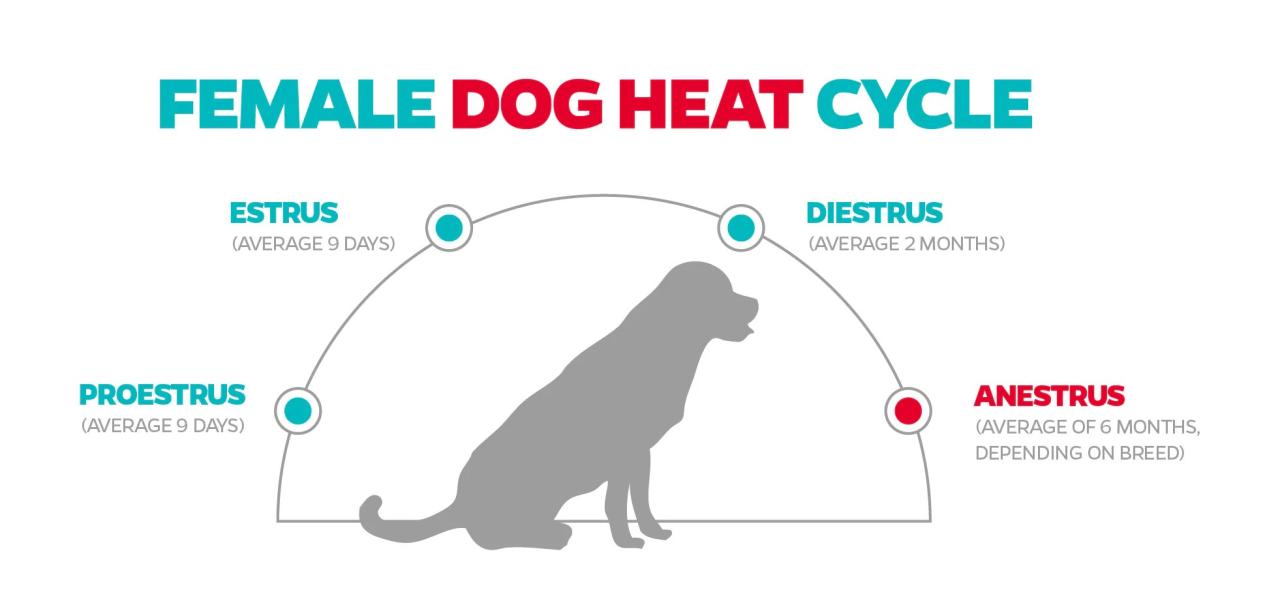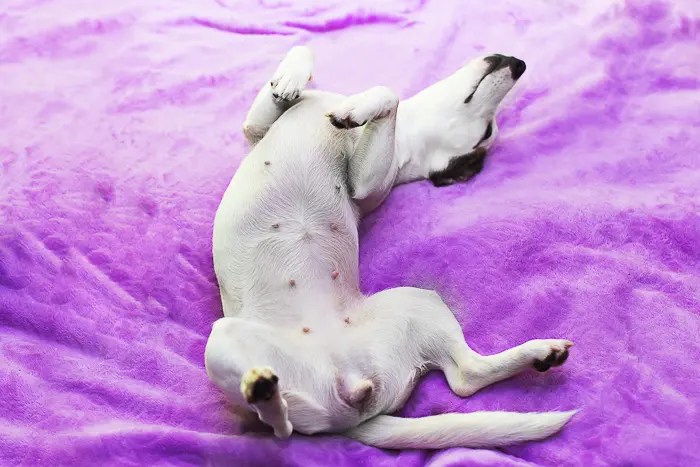What does the dog do after the man dies – When a man dies, what happens to his dog? This is a question that has been asked by many people, and there is no one-size-fits-all answer. The dog’s behavior and emotional state after the loss of its owner will depend on a variety of factors, including the dog’s personality, the circumstances of the owner’s death, and the availability of support from other people or animals.
In this article, we will explore the different ways that a dog may react to the death of its owner. We will discuss the immediate actions of the dog, its attempts to seek help and comfort, its grief and mourning process, and its adaptation to a new environment.
What Does the Dog Do After the Man Dies

The death of a beloved owner can have a profound impact on a dog’s life. In the immediate aftermath, the dog may experience a range of emotions and behaviors, including grief, confusion, and anxiety.
Immediate Actions of the Dog
In the immediate aftermath of the man’s death, the dog may exhibit a range of behaviors. These behaviors can include:
- Searching for the man, whining or barking.
- Attempting to wake the man by licking or nudging him.
- Guarding the man’s body, refusing to leave his side.
- Eating the man’s body, a behavior known as necrophagy.
The dog’s behavior in the immediate aftermath of the man’s death is influenced by a combination of instincts and training. Dogs are pack animals, and they rely on their owners for protection and companionship. When their owner dies, dogs may feel lost and confused.
They may also experience anxiety or fear, as they are no longer sure who will provide for them.
Seeking Help and Comfort
In the aftermath of the man’s death, the dog may seek help and comfort from others. This may include:
- Approaching neighbors or family members for attention and reassurance.
- Seeking comfort from other animals, such as cats or other dogs.
- Attempting to find a new owner or home.
The dog’s attempts to seek help and comfort are influenced by its social instincts and its bond with the man. Dogs are social animals, and they need companionship and interaction with others. When their owner dies, dogs may seek out other people or animals to fill the void.
Grief and Mourning
The death of a beloved owner can have a profound impact on a dog’s emotional state. Dogs can experience grief and mourning, just like humans. Signs of grief in dogs may include:
- Loss of appetite.
- Lethargy and lack of interest in activities.
- Whining or barking excessively.
- Destructive behavior, such as chewing on furniture or digging holes.
- Changes in sleep patterns.
The dog’s grief response is influenced by a combination of factors, including its cognitive abilities and its emotional attachment to the man. Dogs are intelligent animals, and they are capable of understanding death. They may also form strong emotional bonds with their owners, and the loss of a loved one can be devastating.
Adapting to a New Environment
After the man’s death, the dog may need to adapt to a new environment. This may involve:
- Moving to a new home with a new owner.
- Learning to live with a new family or group of people.
- Adjusting to a new routine.
The dog’s ability to adapt to a new environment is influenced by a combination of factors, including its resilience and adaptability. Dogs are resilient animals, and they are capable of overcoming challenges and adapting to new situations. They may also be able to form new bonds with people and animals, which can help them to adjust to a new environment.
Long-Term Effects, What does the dog do after the man dies
The death of a beloved owner can have long-term effects on a dog’s physical health, mental state, and behavior. These effects may include:
- Increased risk of health problems, such as obesity, heart disease, and cancer.
- Changes in behavior, such as aggression, anxiety, or depression.
- Difficulty forming new bonds with people or animals.
The dog’s long-term well-being is influenced by a combination of factors, including its coping mechanisms and its support system. Dogs that have strong coping mechanisms and a supportive environment are more likely to recover from the loss of a loved one and live a happy and healthy life.
Helpful Answers
What are some of the immediate actions that a dog may take after the death of its owner?
Some of the immediate actions that a dog may take after the death of its owner include pacing, whining, barking, and searching for its owner.
How does a dog grieve the loss of its owner?
Dogs grieve the loss of their owners in a variety of ways, including withdrawing from social interaction, losing interest in food and play, and sleeping more than usual.
How can I help my dog cope with the loss of its owner?
There are a number of things you can do to help your dog cope with the loss of its owner, including providing plenty of love and attention, maintaining a regular routine, and taking your dog for walks and other activities that it enjoys.


